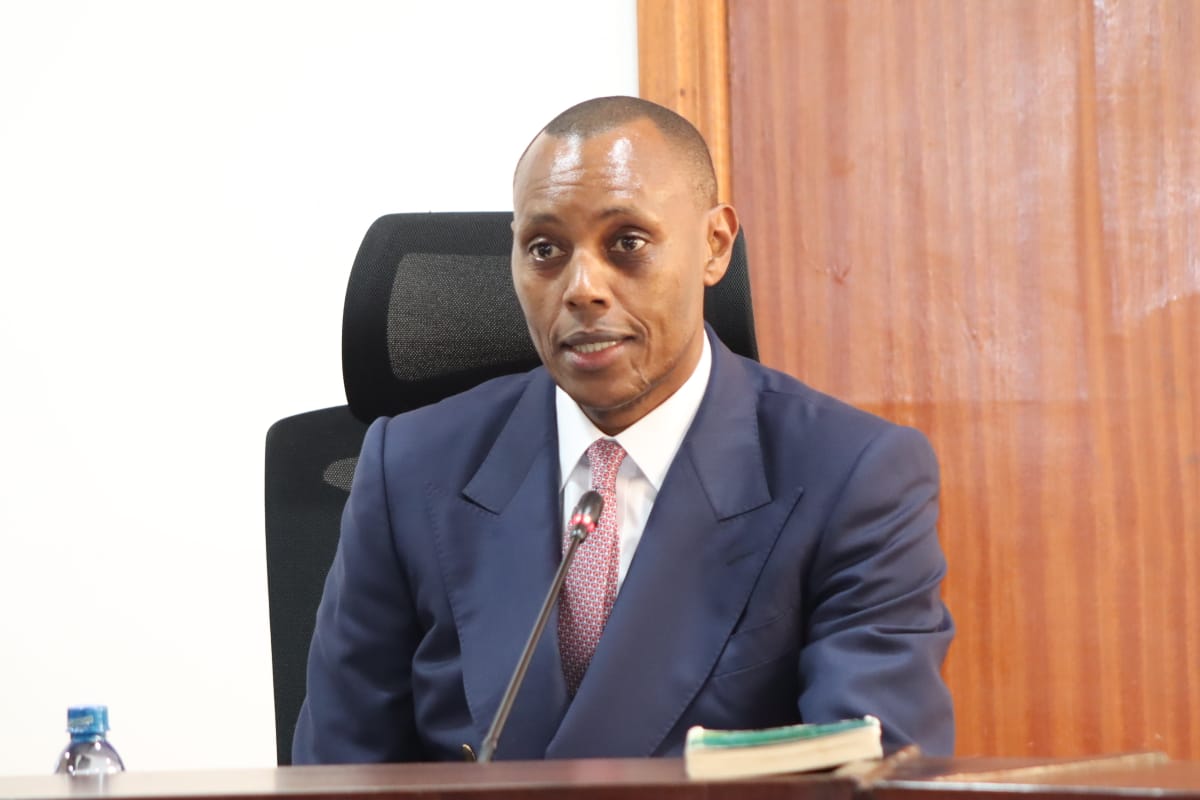
MPs demand appearance of BATUK officials over rights violations
The National Assembly Committee on Defence, Intelligence and Foreign Relations has engaged the Ministry of Defence on its inquiry into the conduct of the British Army Training Unit in Kenya (BATUK).
The Committee engaged the Ministry of Defence led by PS Patrick Mariru to provide details.
The invitation follows over a year of investigations into allegations of misconduct, of human rights violations, environmental degradation and other alleged human rights violations attributed to BATUK personnel.
In a letter referencing previous correspondence between the Committee and the Ministry, the Committee dismissed the Ministry’s assertion that the answers sought by the National Assembly should be handled by the Inter-Governmental Liaison Committee (IGLC) under Article 24 of the Defence Cooperation Agreement (DCA).
While acknowledging the role of the IGLC in dispute resolution, the lawmakers clarified that the ongoing inquiry does not constitute an intergovernmental dispute but falls squarely under Kenya’s domestic legislative oversight framework.
“The inquiry is not within the purview of the Inter-Governmental Liaison Committee. It is being undertaken by a relevant authority of the Host Nation, in line with domestic law,” said Committee Chair Nelson Koech the letter reads in part.
Citing Article 5(2) and Article 6(1) of the DCA, the Committee emphasized that all activities of visiting forces must conform to Kenyan laws, and Parliament retains full oversight authority over such operations.
“This Committee has the power to invite any person to appear before it to provide evidence or information,” stated MP Koech. “Parliament has to represent the people”
During the session, Members of Parliament put the Ministry of Defence to task and questioned whether any engagements had taken place with BATUK officials concerning the serious allegations.
Abdukadir Mohammed challenged the Ministry to disclose whether they had directly engaged BATUK on the issues. “Have you ever sat down with BATUK to discuss these concerns? What was their response?” he asked.
Caleb Amisi underscored Parliament’s obligation to seek answers within the framework of the Defence Cooperation Agreement. “We have a Defence Cooperation Agreement with the United Kingdom. That agreement must be honoured, and Parliament must pursue its provisions diligently,” he said.
Fred Ikana, who was part of a fact-finding mission to Laikipia, stressed the need for the Committee to interact directly with victims to ensure a thorough and humane inquiry.
Principal Secretary for Defence, Patrick Mariru clarified that the Ministry was not shielding BATUK from accountability. However, he maintained that engagement through the Inter-Governmental Liaison Committee remained the Ministry’s preferred approach.
“We cannot and are not shielding BATUK. We recognise Parliament’s mandate. We only believe the IGLC offers a formal mechanism for handling such matters,” the PS said.
The Committee, however, maintained that oversight cannot be outsourced to international mechanisms, asserting that the DCA obligates BATUK to cooperate with domestic authorities in all investigations, including those by Parliament.
The Committee Chair, Nelson Koech disclosed that the Speaker had directed the inquiry be concluded expeditiously, having taken over a year, and confirmed that the British High Commissioner and the UK Defence Attaché had expressed willingness to appear before the Committee.
Committee Members further cited their constitutional mandate under Article 125 of the Constitution and the Parliamentary Powers and Privileges Act, which empowers Parliament to summon any person and compel the production of evidence.
“This is our country. We must protect our people. We want BATUK officials to appear before us on this inquiry,” Kwenya Thuku said.
The Committee on Defence, Intelligence and Foreign Relations has previously held public hearings in Samburu, Laikipia and Isiolo Counties.
